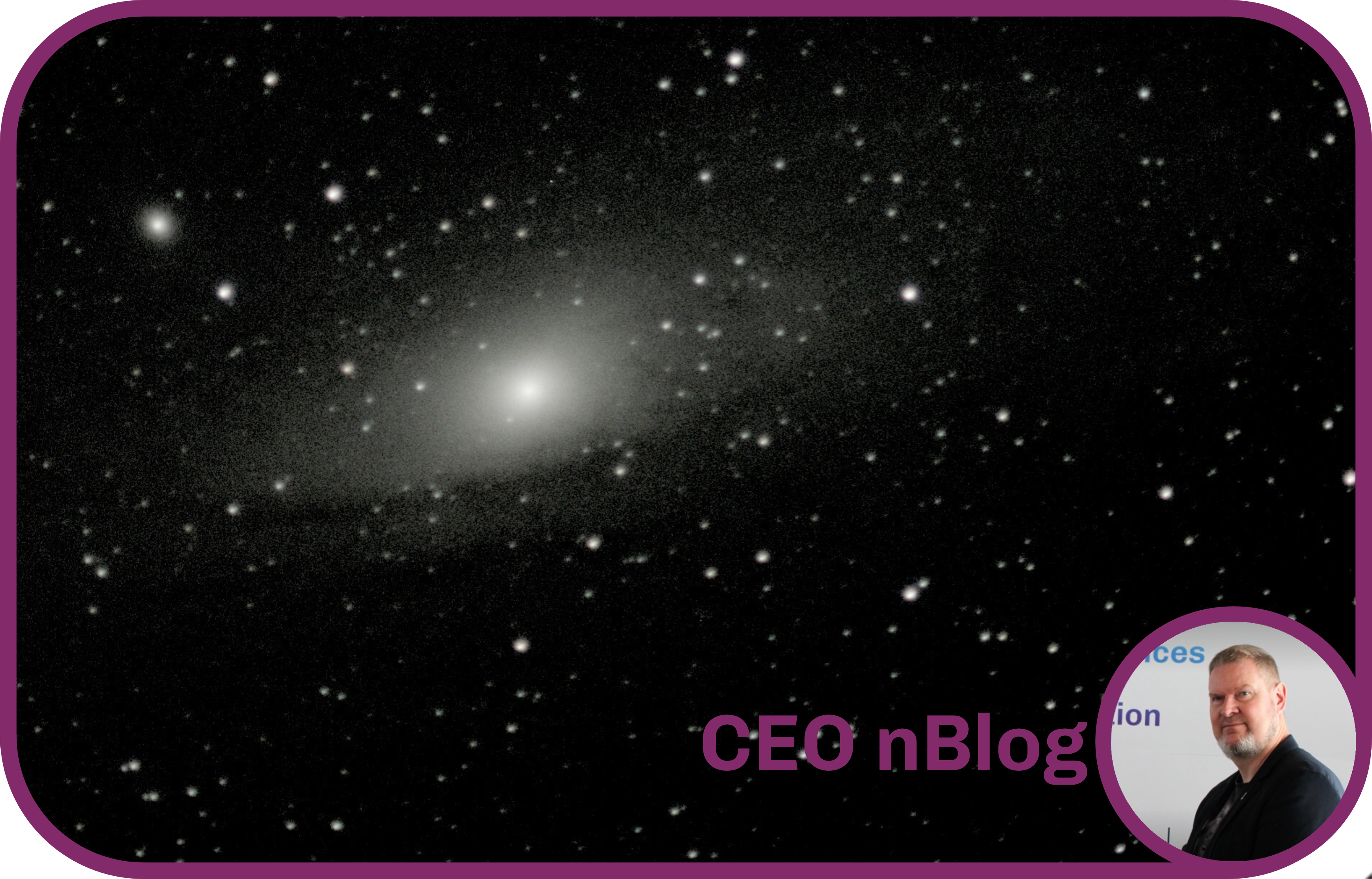Exploring the Universe through Next-Generation Digital Twins
Back in 2003 I bought my first astronomical telescope from Meade Inc. It had state-of-the-art alignment and tracking system, and the software with embedded custom hardware is still today very accurate, even though it’s built mainly with cheap off-the-shelf components. I’ve upgraded and serviced it well, although it’s now considered vintage. For me, when clouds yield and I have the rare time slot, observing the universe is likely closest to a religious experience.
In 2005 I wrote to the President and Founder of Meade, with an idea about connecting consumer telescopes together by creating Cloud based Digital Twins of them. This way, customers could be given joint targets and potentially millions of images across the globe could be stacked together. At that time, SETI@Home had already utilized personal hardware for finding intelligent signals from space, but this was kinda reverse idea – Crowdsourced Astronomy. With Cloud processing power, a million telescopes could match large observatories or even space-based telescopes like Hubble or James Webb. And most importantly, enthusiastic amateur astronomers could participate and learn from others.
Even after a few reminders I didn’t get any response. Meade was too busy changing shareholder structure and competing with traditional telescope vendors. It was all about pushing physical products to customers as fast as possible, then repeat. Like most fire-and-forget businesses, even today.
Fast forward to 2023, and there’s finally one (1) vendor taking baby steps towards this. It’s called Unistellar, and their eVscope 2 indeed has a Cloud interface. People can join scientific programs and send in results based on researchers’ requests. Unistellar calls this nicely as ‘Citizen Science’ However, the scope comes with close to 5k€ price tag, making the business model as traditional as Meade’s. The cloud, networking and community functions give users prestige, but there doesn’t seem to be a longer-term subscription model available. They boast with 10k users already – a nice number, but I’d like to see millions.
If a new or existing telescope manufacturer is reading this, BaseN would be most capable for creating a subscription based telescope service. One continuously evolving, generating steady revenue and truly addressing the customer base. If we could get the initial price down to few hundred, more and more youngsters would get involved and learn about the universe – and discover new things about our universe.




